Electrical fitter, APCS engineer, IT engineer ⇒ APCS IT engineer
Trends

An engineer for automated control systems for technological processes is a specialist with a higher education who is engaged in the automation of production processes and control processes at an enterprise. a specialist configures software for a specific control object, develops schemes for automating production processes, performs commissioning of automated control systems.
Differences between professions: An AC engineer will be required to possess universal knowledge and skills in programming, automation, electronics.
Trigger:
Increase in automation and protection means in basic equipment models, widespread introduction of bales into existing equipment
Over-professional skills

Systemic thinking

Programming, Robotics, Artificial Intelligence

